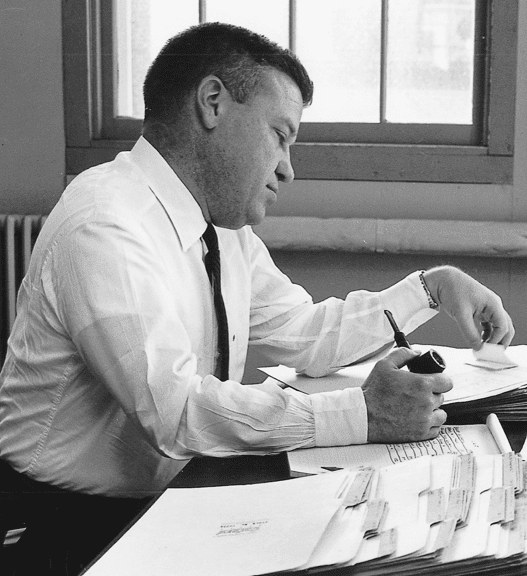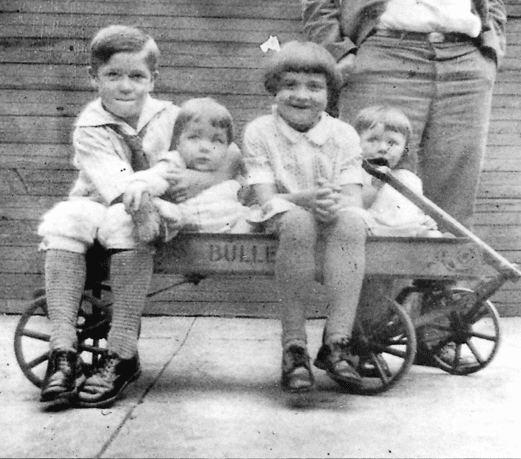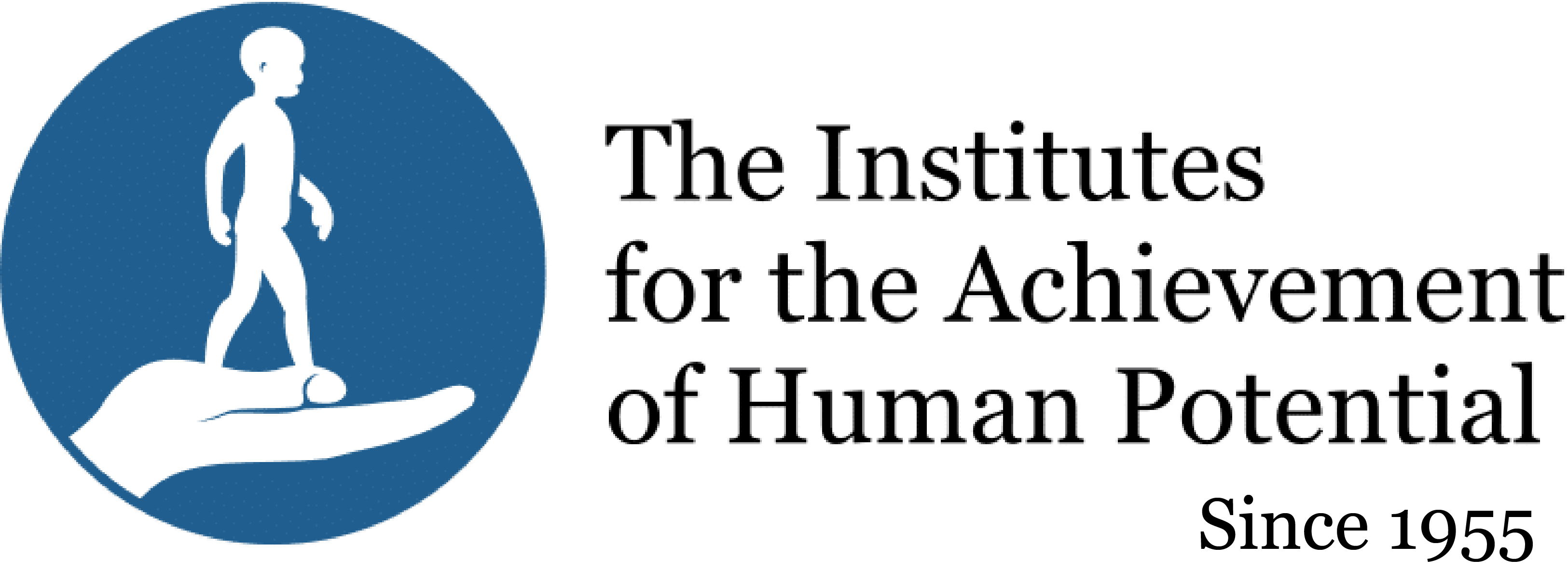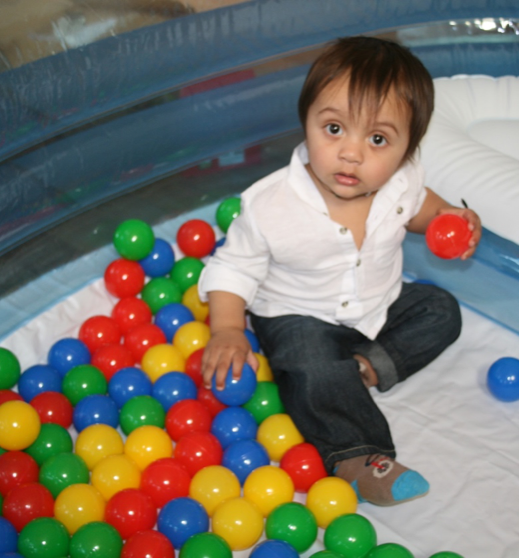Glenn Doman: Born 103 Years Ago Today
The Family What Matters

It is sad but commonplace for parents of a brain-injured child to be told that they ought to get rid of their hurt child. They are told that the kindest thing to do is to put their brain-injured child in an institution “to save the rest of the family”.
The argument is that parents must divide their time evenly. The notion is that if parents gave their brain-injured child more time than they gave his well sister the well sister would grow up to despise him and mother and father too—because presumably the well child did not have the same amount of time that the hurt child did. So, parents must make sure that the well child gets as much time as the very hurt child.
This idea must surely be based upon the assumption that parents don’t have enough love and affection to cover both a hurt child and a well child and so there must be a kind of rationing of what little love there is to go around. Perhaps for the inventors of this repulsive notion, love is in short supply. However, for the great majority of parents, love is not in short supply when it comes to their children hurt or well.
We human beings are social creatures. We like to bunch. And since time has begun, we have bunched. First and foremost, we have bunched into a small gang called the family. We have bunched into bigger gangs called the tribe, the city, the state, the federal government, etc. Governments have come and governments have gone, states have come, and states have gone, empires have come, and empires have gone. Now, why should the family survive when other groups have not?
I would like to propose that we have families so we can divide our time unevenly and give the time to the family member who needs it most. We are family people and that’s what we do we divide our time unevenly.
In my lifetime, I have had three families. My first family – my wife and my children a true family in every sense of the word. We divide our time unevenly.
My second family is The Institutes family and it’s very much a family. We feel the same way about each other as we feel about the members of our own families. If there is a staff member in need, we divide our time unevenly to give that staff member whatever it is that he or she may need.
My third family was my infantry rifle company. That was a true family. In infantry rifle combat, you make very dear friends very—very, very quickly. More things happen to you in five minutes than might happen normally in a lifetime. Sometimes you stop shooting long enough to crawl out in the field where a lot of shooting is going on to grab a wounded soldier by the leg and pull him in. That’s dividing your time unevenly.
One of the most important principles I learned at Infantry Officer Candidate School was the first law of the infantry – you never leave the wounded behind. Officers in the infantry never leave the wounded behind.
As an officer-in-training you think that you understand it. Then you’re in combat and the kid next to you gets a bullet through his chest. It does not occur to you for one second to leave him behind. Not because it’s a principle you have been taught but because he is you. If the wind had been four miles an hour more from the east, you’d be lying on the ground with a bullet through your chest. All things being equal, you might well be the one lying on the ground three minutes from now.
You don’t leave the wounded behind because that wounded soldier beside you is you. That is why you never, never, never leave the wounded behind.
I strongly suspect that slick Madison Avenue Ads for starving children have a lot to do with raising money, very little of which will ever find its way to that starving child.
The only ad campaign that moved me is a very famous one, you may remember it. It is an illustration of a twelve-year-old kid with a little boy on his back, and underneath it says, “He ain’t heavy, Mister, he’s my brother.”
That picture touches me.
No Madison Avenue executive wrote that line. Only a kid could say that. “Brother” is not the opposite of heavy, “light” is. No one had to teach that twelve-year-old boy that you never leave the wounded behind. Kids just know that – don’t they?
The reason we have families is so that we can divide our time unevenly and give the time to the person who needs it most, because the one who needs it most is not heavy, he’s our brother, and we never, ever leave him behind.
Our parents and their wonderful well kids roll up their sleeves every day and do battle to save their wounded one. Every day they divide their time unevenly. Every night they sleep the sleep of honest fatigue and a job well done.
Sometimes (very, very rarely these days) we lose a child. When a hurt child dies the pain and loss is beyond any words, I can muster to describe it. But our families know, beyond any shadow of a doubt, that they have given their full measure to save their child. Each member of the family shares equally in the comfort of knowing that their wounded one got the very best from each of them.
Sometimes, if we are very smart and the family works very hard, we win. Everyone in the family from the youngest to the oldest shares equally in the victory so precious and so hard won.
We find that our families are the happiest people we know. They know what matters and they know what does not matter. They know that in the world of the brain-injured child only one thing matters—results.
Whether a family decides to do our program or some other program, all that matters is results.
Our advice to you is simply this: If your child is improving, keep doing whatever you are doing and don’t let anyone talk you out of it. If your child is not improving, stop doing what you are doing and find a better program for your child because all that matters is results.
And finally, when it comes to your brain-injured child, remember that you are the answer, not the problem.
Glenn Doman,
What To Do About Your Brain-injured Child


 Donate
Donate






